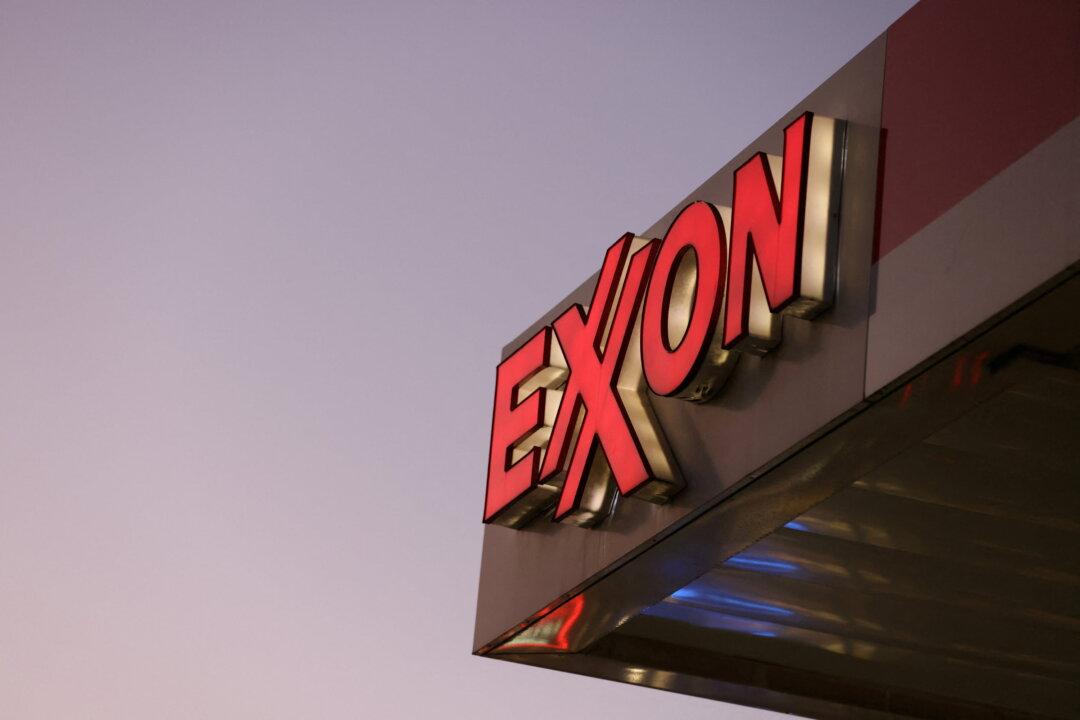A court in Philadelphia has upheld a $725 million jury verdict against ExxonMobil while ordering the oil giant to pay an additional $90-plus million in delay damages in a case involving a former mechanic’s cancer diagnosis linked to benzene exposure.
Judge Carmella G. Jacquinto of the Philadelphia Court of Common Pleas ruled on Sept. 12 to deny ExxonMobil’s post-trial motions and grant a motion for delay damages by the plaintiff, Paul Gill, ordering the company to pay him and his wife a total of nearly $816 million.





